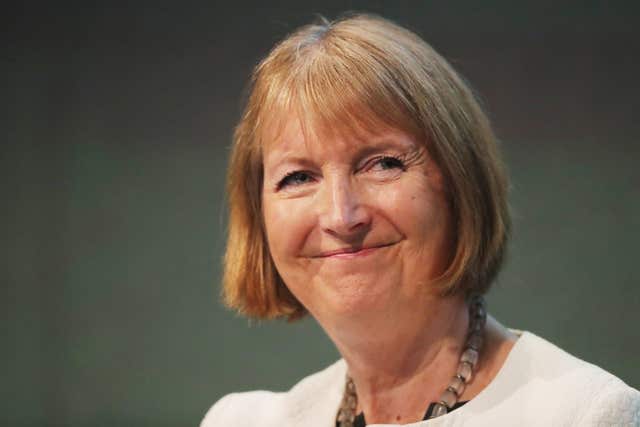Controversial curbs on demonstrations ‘could breach human right to protest’
A controversial Bill, which proposes changing the law to restrict demonstrations, would curb non-violent protest in a way that is inconsistent with human rights, a group of MPs and peers is warning.
Demonstrations have been held in cities around England in response to the Police, Crime, Sentencing and Courts Bill, amid fears that it would curtail the right to protest.
The Joint Committee on Human Rights (JCHR) has published a report raising concerns about the proposed legislation, in which it calls for some clauses to be completely removed.

The report said that Part 3 of the Bill, which would make major changes to the way protests are policed in England and Wales, would increase restrictions on non-violent protest “in a way that we believe is inconsistent with our rights”.
A new trigger for police to impose conditions on protests based on the noise they produce is neither “necessary or proportionate” and so should be removed, according to the group of cross-party MPs and peers.
The committee calls for powers imposing conditions on one-person protests based on noise to be dropped from the Bill, while also urging that clauses that increase penalties for breaching conditions placed on protests be taken out.
“We do not believe that the need for increased penalties for failing to comply with conditions imposed by the police has been made out,” the report said.
“There is a real risk that more substantial penalties would have the effect of dissuading people from exercising their right to engage in peaceful protest.”
It recommends that the Bill introduces statutory protection for the right to protest, setting out the obligation on public authorities to refrain from interfering unlawfully with the right but also the duty to facilitate protest.
Committee chair Harriet Harman said: “The Government put forward new powers in areas where the police already have access to powers and offences which are perfectly adequate.
“Noisy protests are the exercises of the lungs of a healthy democracy. They should not be treated as an inconvenience by those in power.
“We are calling for the right to protest peacefully to be given explicit statutory protection.”
A Home Office spokeswoman said: “The right to protest is a cornerstone of our democracy. Our proposed measures are in line with human rights legislation and in no way impinge on the right to protest.
“Public order legislation is out of date, and the use of disruptive and dangerous tactics – including obstructing emergency vehicles or blocking the free press – costs millions to the taxpayer and causes misery to businesses and local communities.
“These measures – which are backed by the police and were supported by the NPCC ( National Police Chiefs’ Council) in oral evidence to this committee – will enable police to better manage demonstrations so that legitimate protest groups can make their voices heard without disrupting the lives and livelihoods of others.”

 Yahoo Finance
Yahoo Finance 